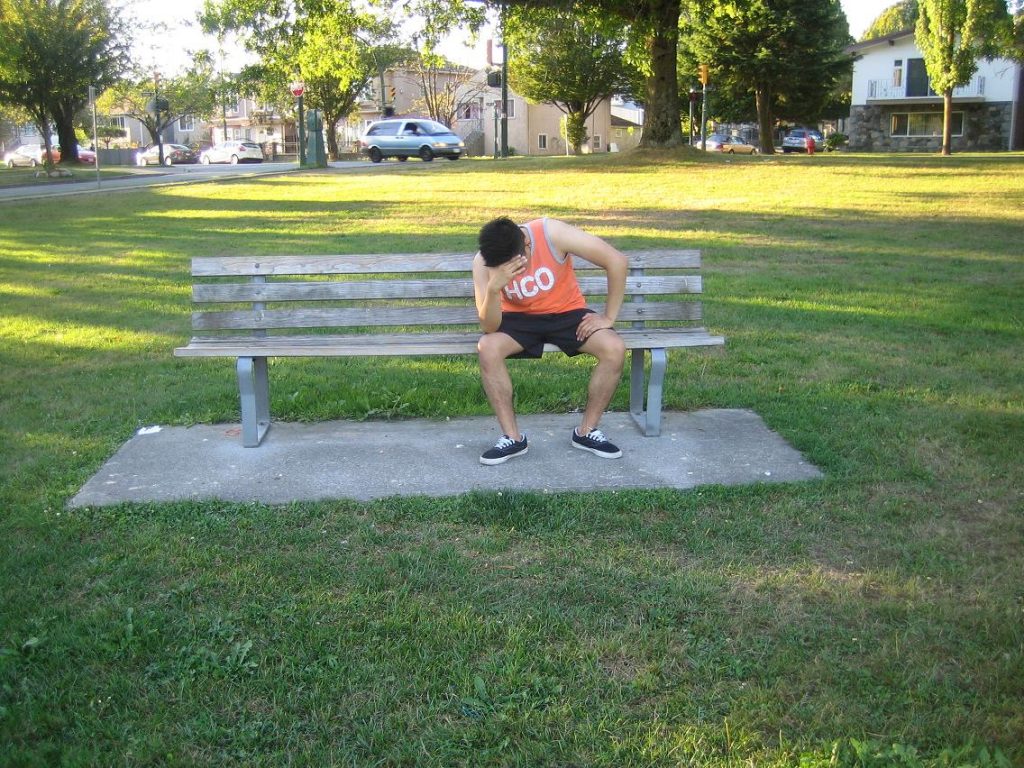Fibromyalgia is a chronic pain condition affecting the muscles and ligaments. It causes pain all over the body and tender points especially in the shoulders, neck, hips, arms, back and legs that causes pain when pressure is applied. Women are more susceptible to this condition than men.
Symptoms of fibromyalgia
- Anxiety
- Morning stiffness
- Concentration and memory issues
- Fatigue

Take the prescribed over-the-counter pain medications such as acetaminophen, ibuprofen and naproxen to lessen the inflammation and pain. - Headache
- Sleep problems
- Depression
- Irritable bowel syndrome
- Tender points
- Numbness and tingling sensations in the arms, hands, feet and legs
- Painful menstrual cramps
- Urinary symptoms such as pain or increased frequency
- Sensitivity to loud noises or bright lights
Causes
- Exposure to stressful or traumatic events such as vehicular accidents or injuries to the body due to repetitive movements
- Family history of fibromyalgia
- Genetic mutations that makes a person susceptible to the condition
- Infections
- Physical and emotional trauma such as car accident
Treatment
- Take plenty of sleep since fatigue is the main characteristic of fibromyalgia. Practice good sleeping habits such as going to bed and getting up at the same time every day and minimize daytime snacks.
- Perform gentle exercises such as walking, biking, swimming and water aerobics for at least 20 minutes. Seek the help of a physical therapist for some rehabilitation exercises to lessen the symptoms of fibromyalgia, prevent muscle wasting, restore the neurochemical balance of the body and boost the levels of chemicals called endorphins. It also generates a positive emotional state and lessens stress.
- Soak in a warm Epsom salt bath to absorb magnesium. It also relaxes the body and lessens the pain. In a bathtub filled with warm water, add 2 cups of Epsom salt, mix well until totally dissolved. Soak in the mixture for at least 20 minutes at 3 times every week.
- Massage the affected area to relax the muscles and improve range of motion of the joints. Massaging lessens the stress and increase production of chemicals that function as the natural pain killers of the body.
- Take the prescribed over-the-counter pain medications such as acetaminophen, ibuprofen and naproxen to lessen the inflammation and pain.
- Take omega-3 fatty acids which are unsaturated fats that lessen the inflammation and neuropathic pain. It also lessens the stiffness and the pain in the joint. Take at least 1-2 tablespoons of fish oil every day. Other sources of omega-3 fatty acid include walnuts, flaxseeds, soybean oil and canola oil.
- Avoid alcohol and caffeine in the afternoon and evening to prevent disruption in the sleeping pattern.
FACT CHECK
https://www.nhs.uk/conditions/fibromyalgia/
https://www.webmd.com/fibromyalgia/default.htm
https://www.mayoclinic.org/diseases-conditions/fibromyalgia/symptoms-causes/syc-20354780
